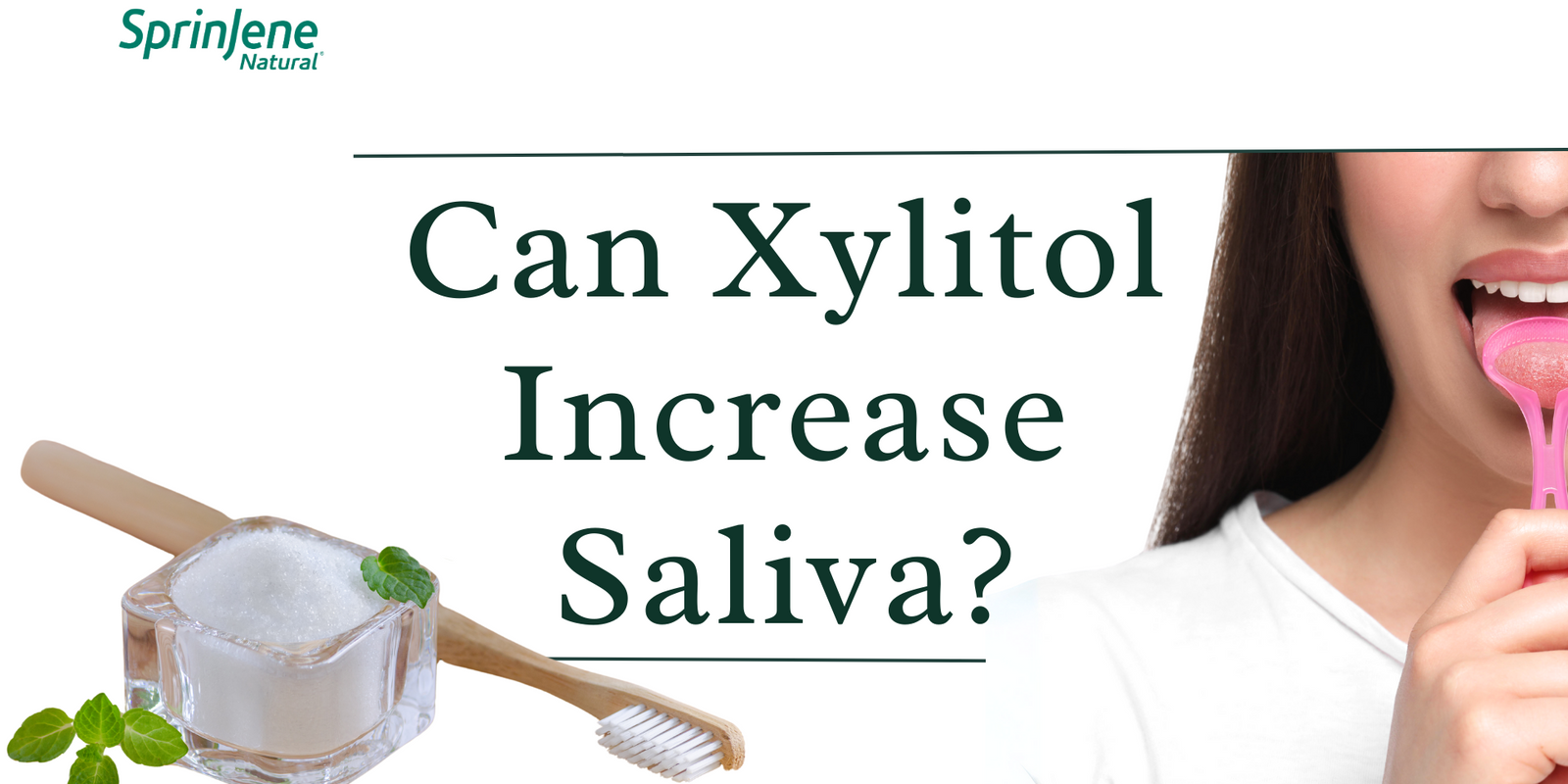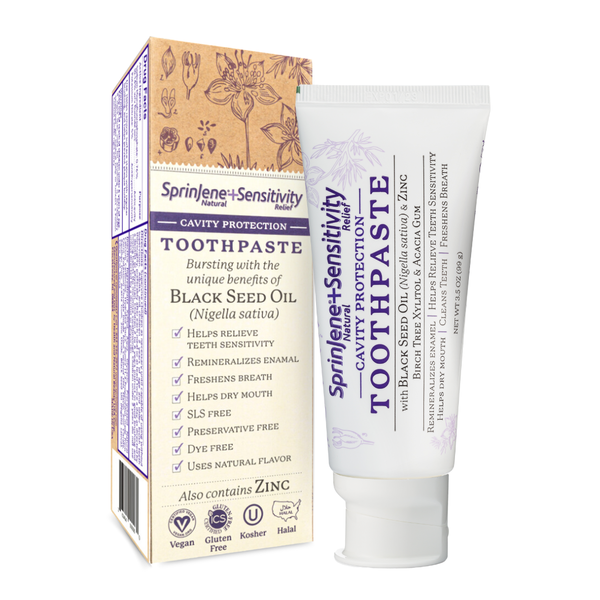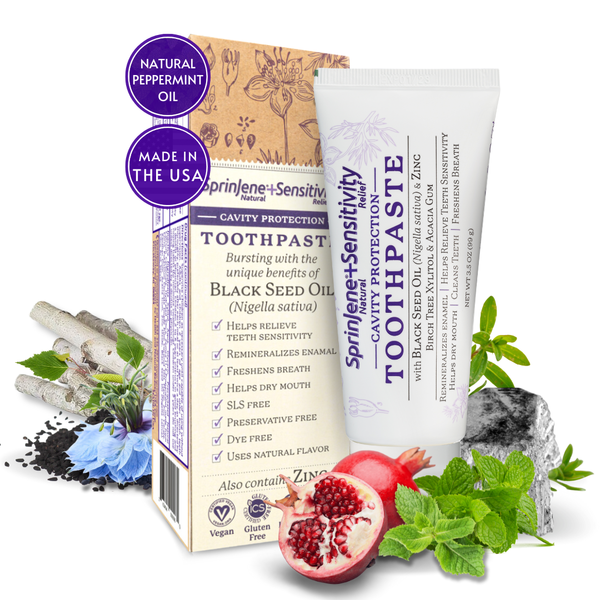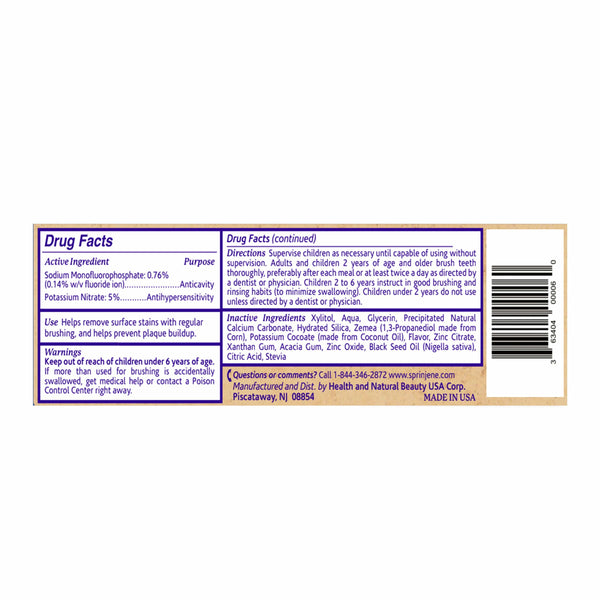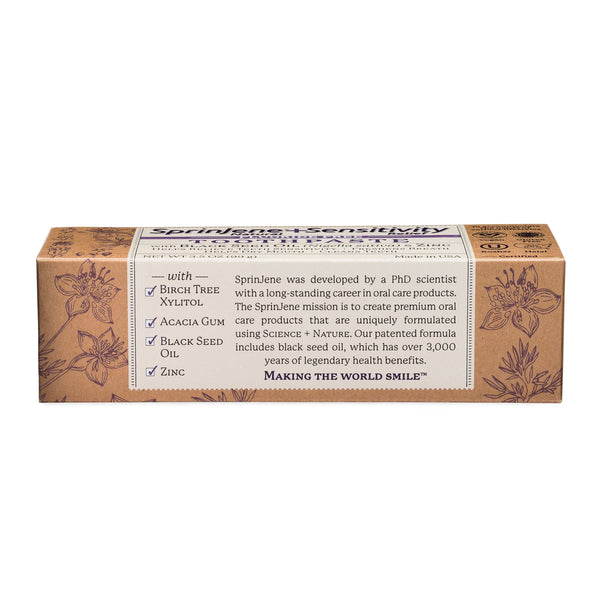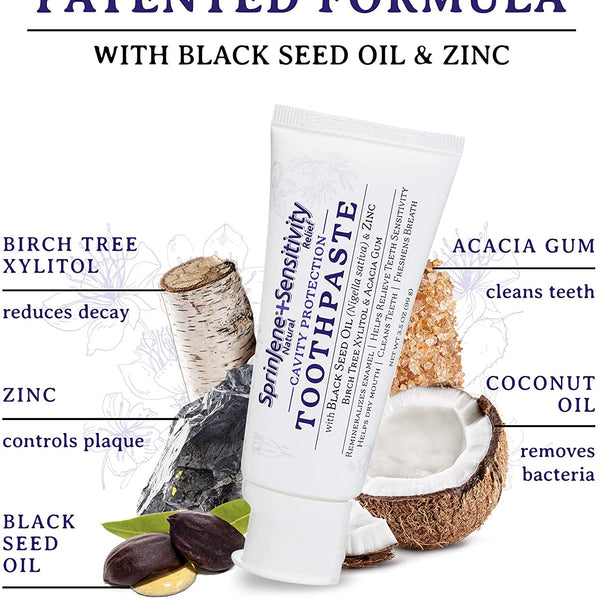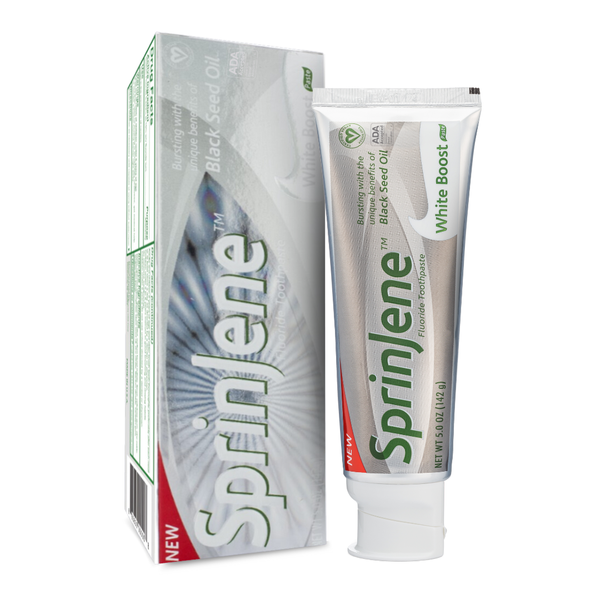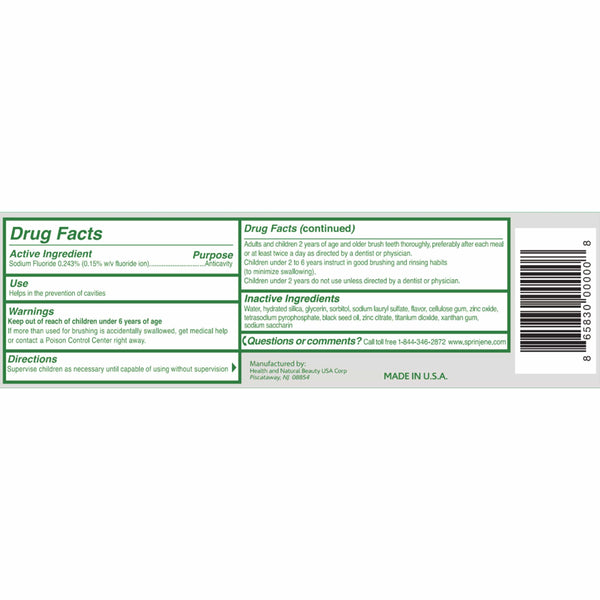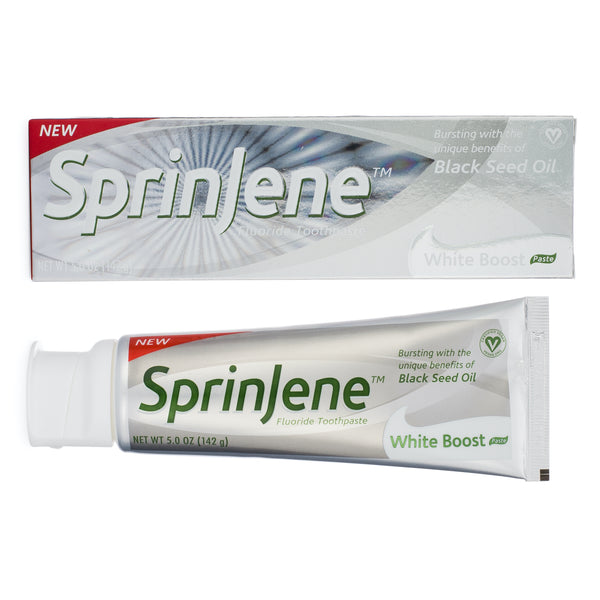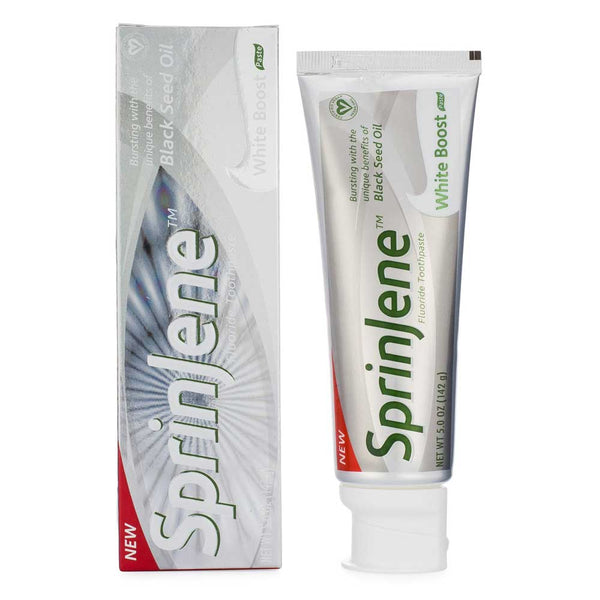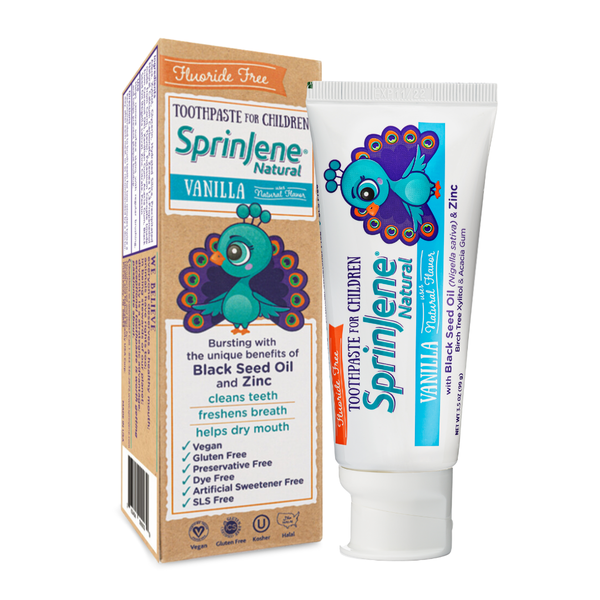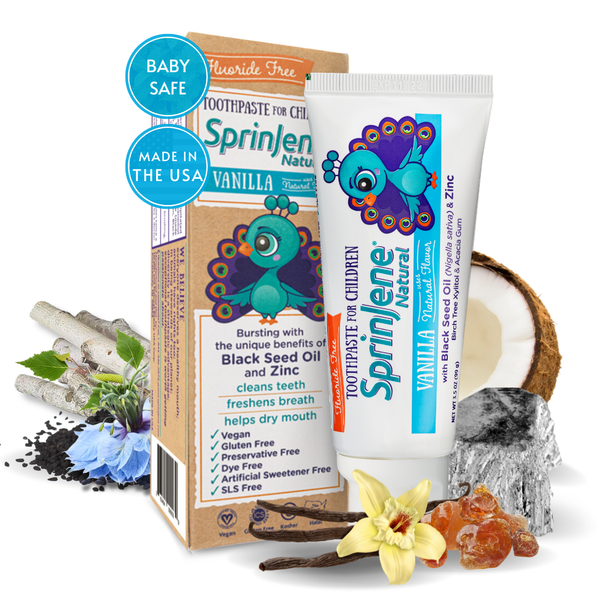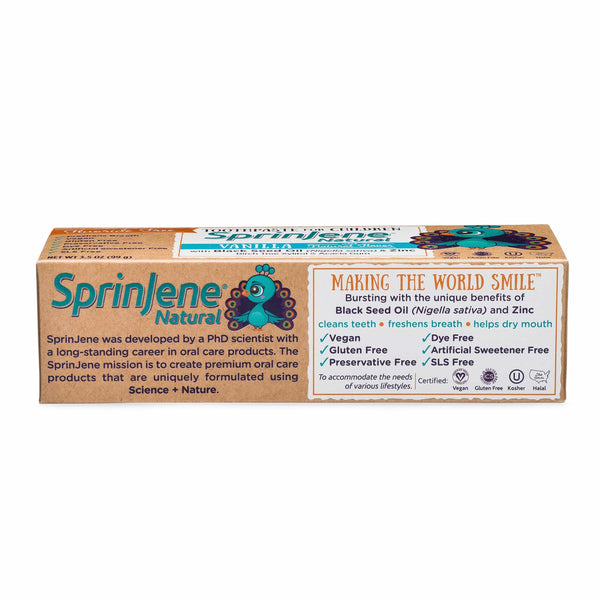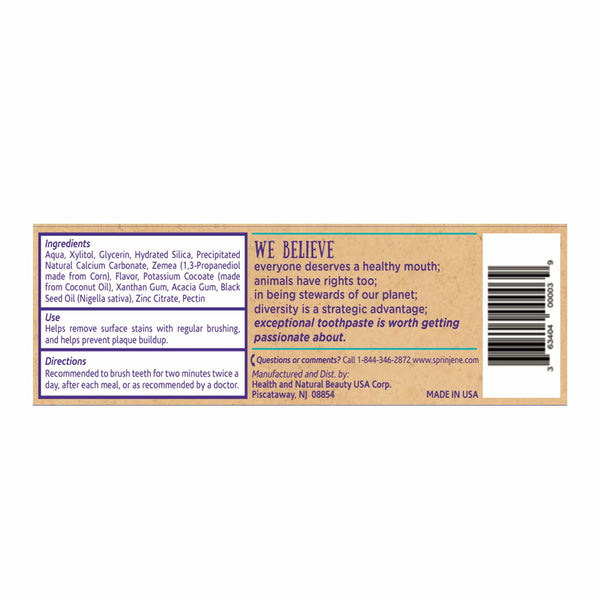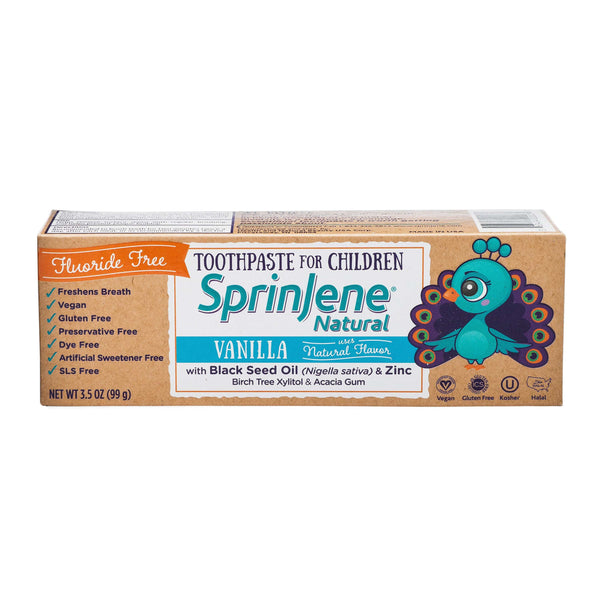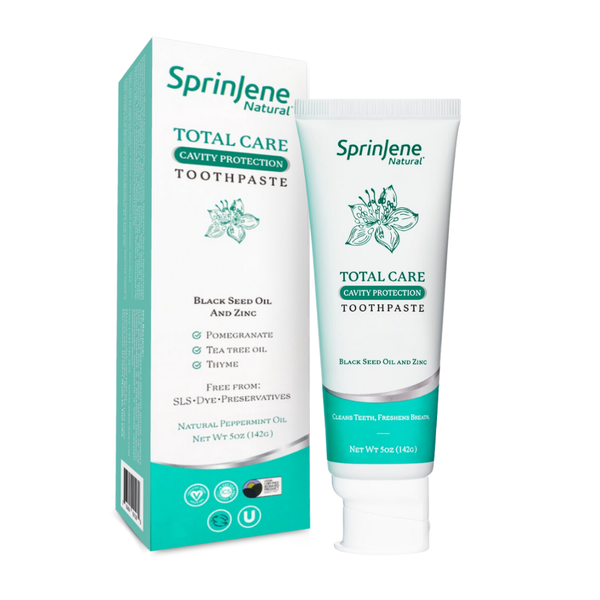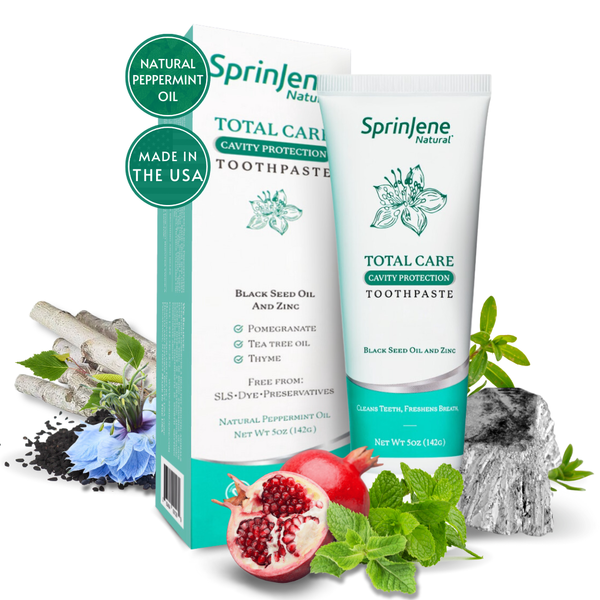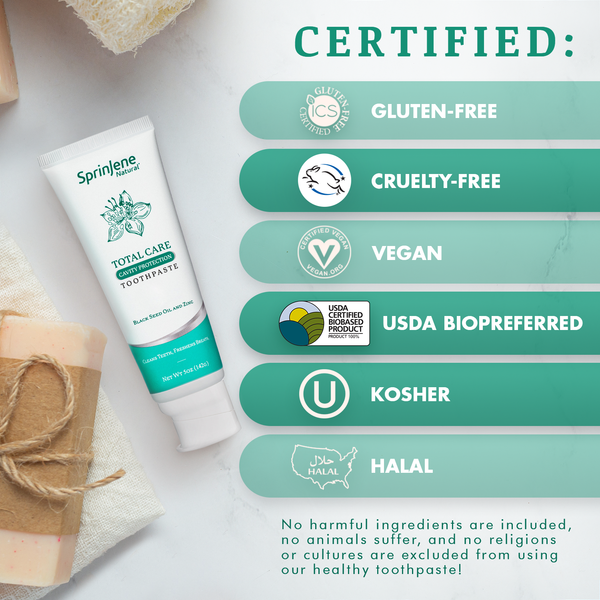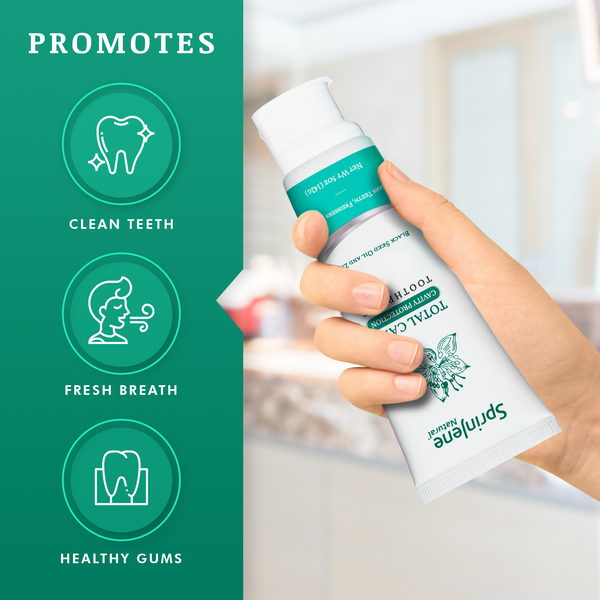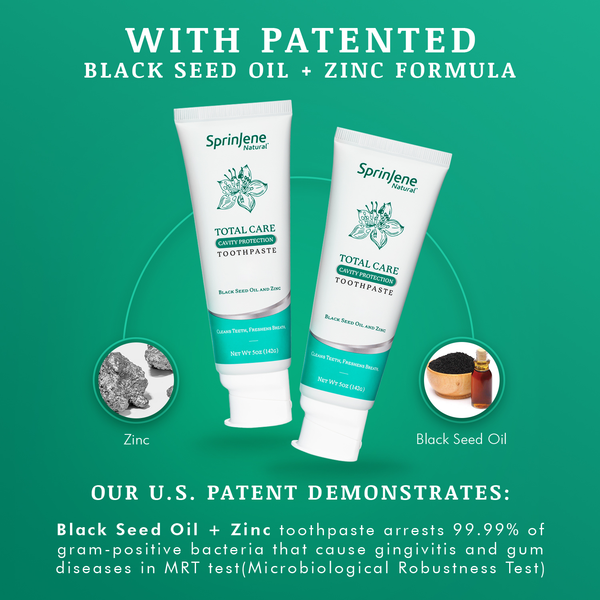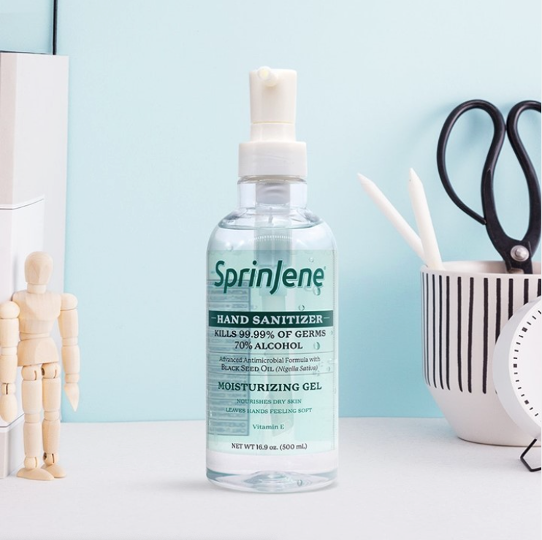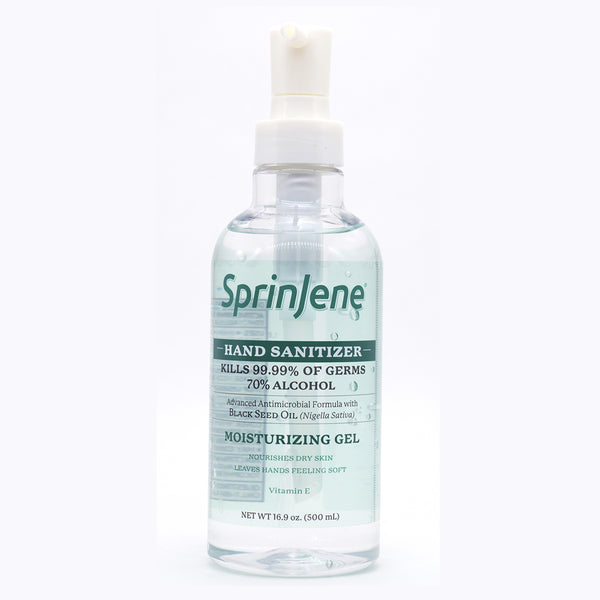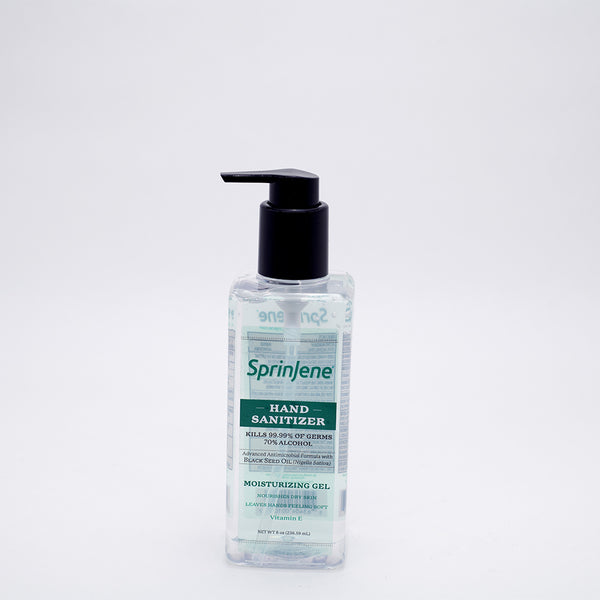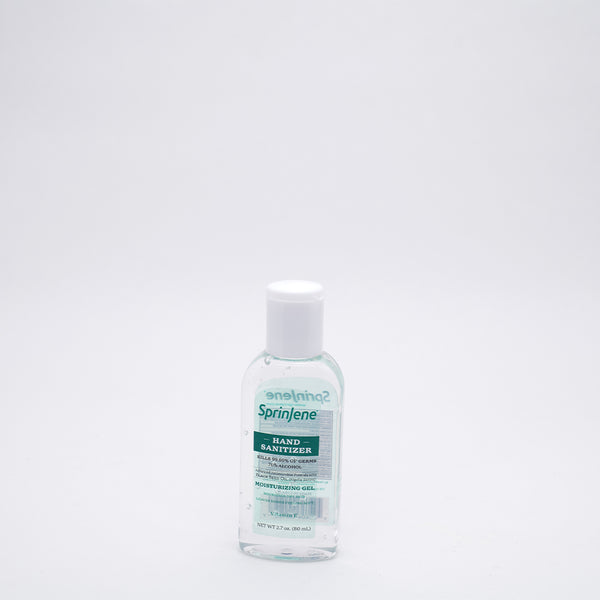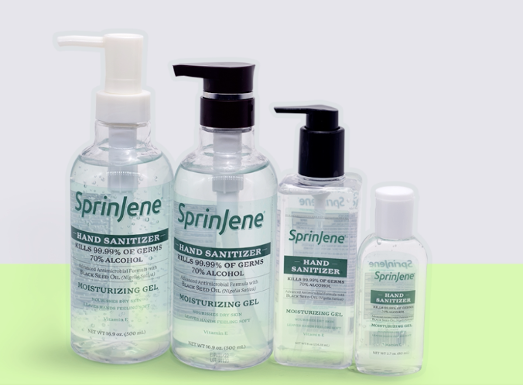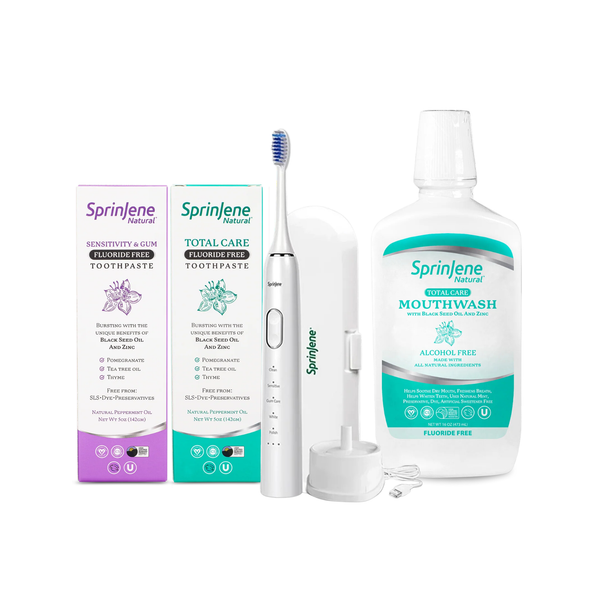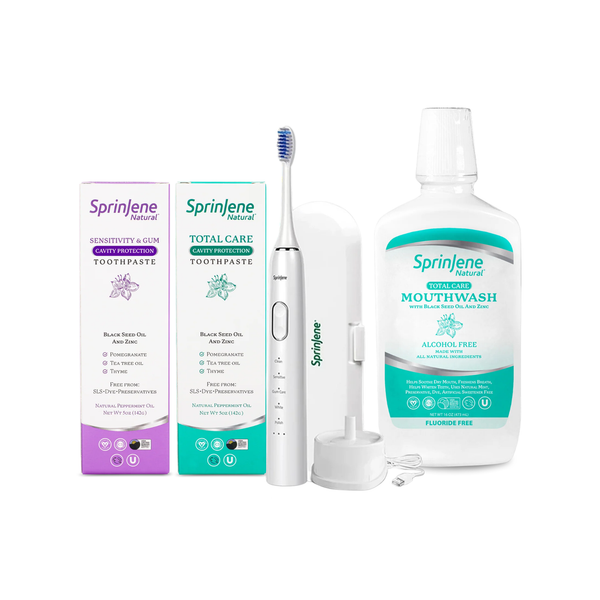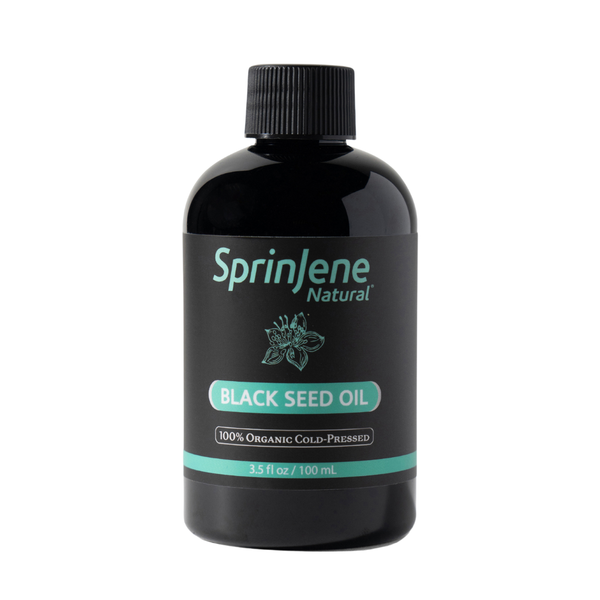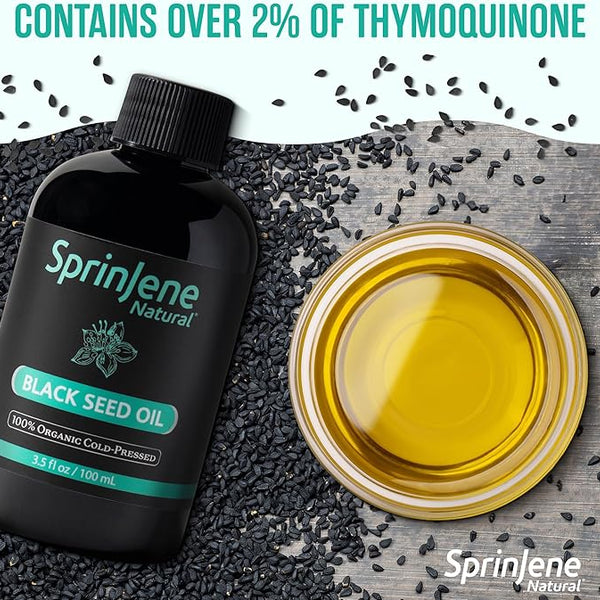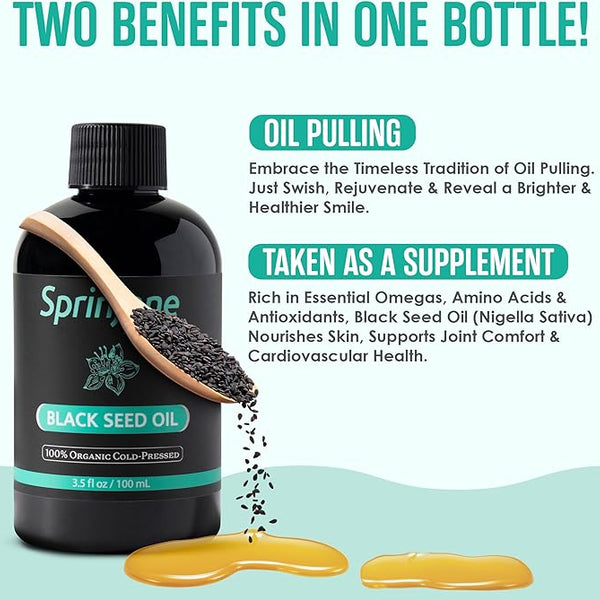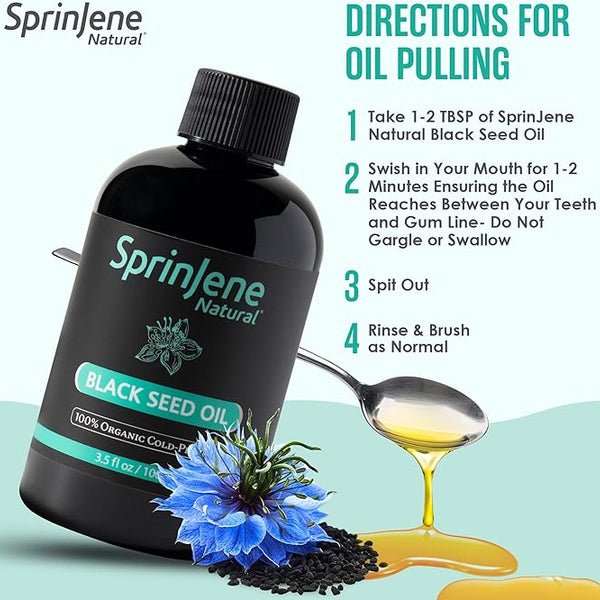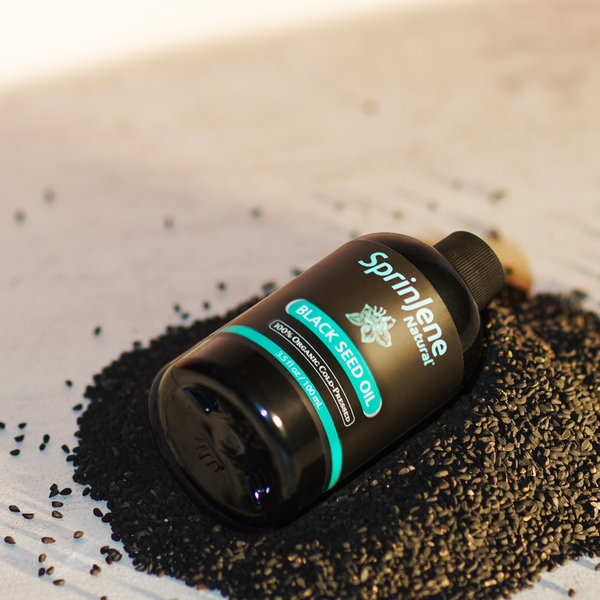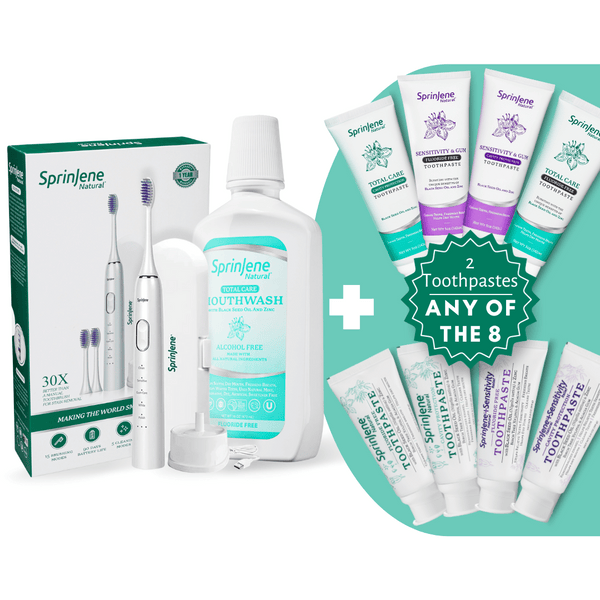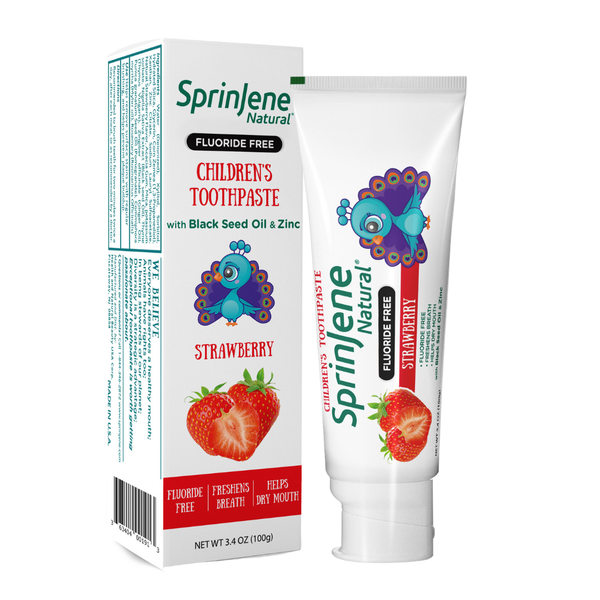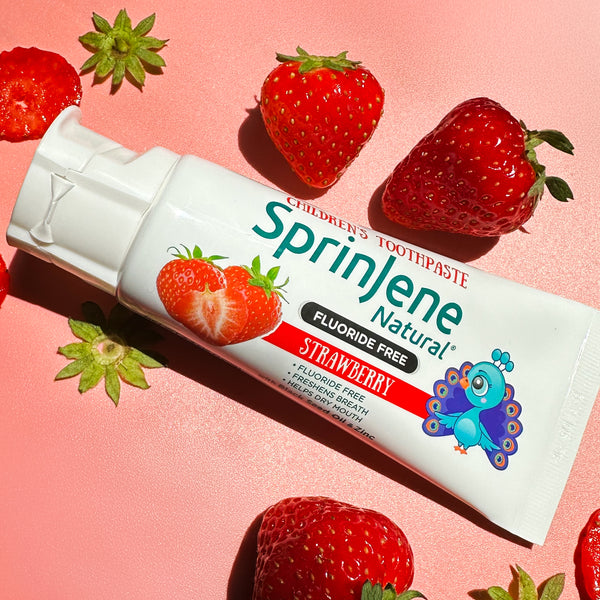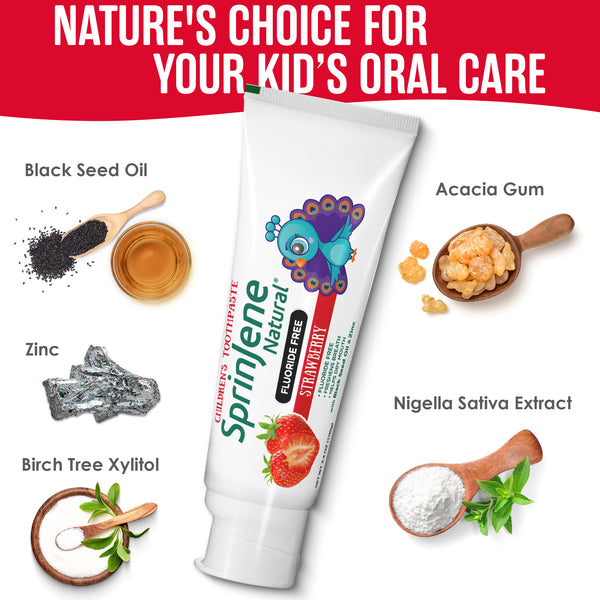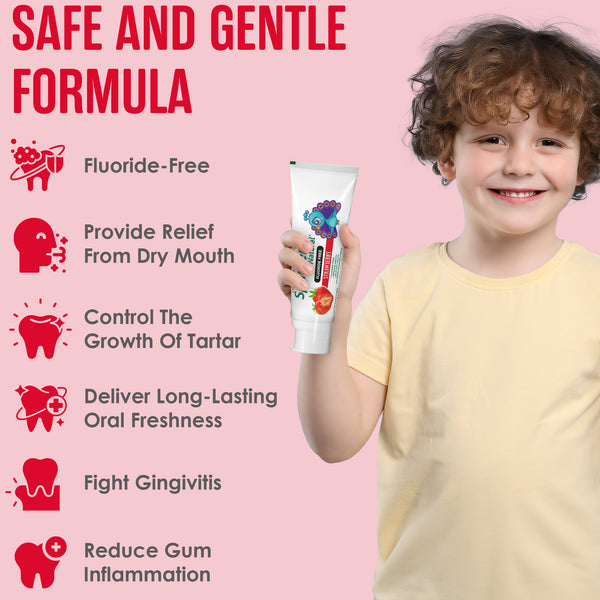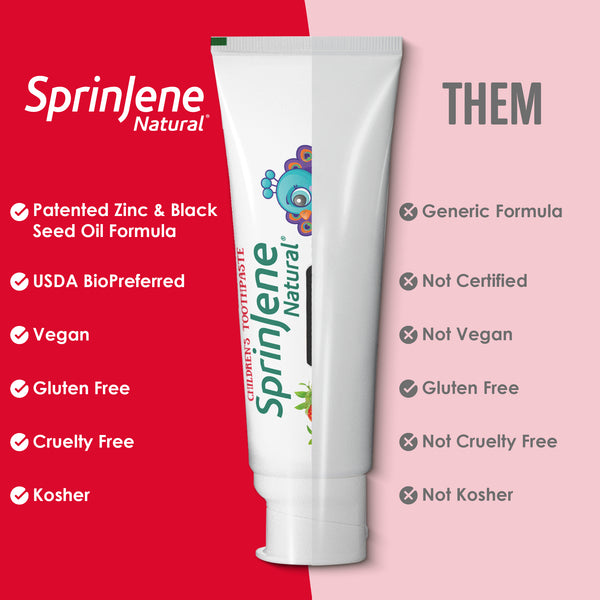Xylitol, a natural sweetener, is becoming popular for its many health benefits[1], especially for keeping teeth clean. This article explains how it helps increase saliva and relieve dry mouth. It also discusses its potential benefits for cancer patients with dry mouth.
Origin and Manufacture of Xylitol
Xylitol represents a naturally occurring sugar alcohol found in numerous fruits and vegetables. It originates from various sources like birch tree bark, maize husks, and shedding trees like beech and oak.
Applications of Xylitol
The process converts plants into xylan, which subsequently converts into xylose, and finally transforms into xylitol. Some commonplace applications of xylitol include:
- Xylitol finds use in certain medicinal formulations and dietary supplements.
- Xylitol is a sugar substitute. It has the taste of sugar but fewer calories. Xylitol doesn't affect blood sugar much.
- Used in products for better taste and improved health. Toothpaste and mouthwashes have it to prevent tooth decay and improve oral hygiene.
Active Mechanisms
The beneficial effects of xylitol on dental hygiene come from its unusual workings. Diverging from sucrose, which serves as a substrate for pathogenic oral bacteria, xylitol remains refractory to microbial body process, triggering several advantageous outcomes:
- Xylitol stops bacteria from growing and sticking to teeth, preventing tooth decay. It mitigates plaque buildup and prevents the conversion of sugars into causing tooth decay acids.
- Xylitol elicits salivary[4] flow, pivotal for sustaining oral health. More saliva helps balance acid, restore enamel minerals, and remove leftover food and bacteria from digestion.
- Xylitol keeps the mouth healthy by reducing acidity and preventing the growth of small organisms.
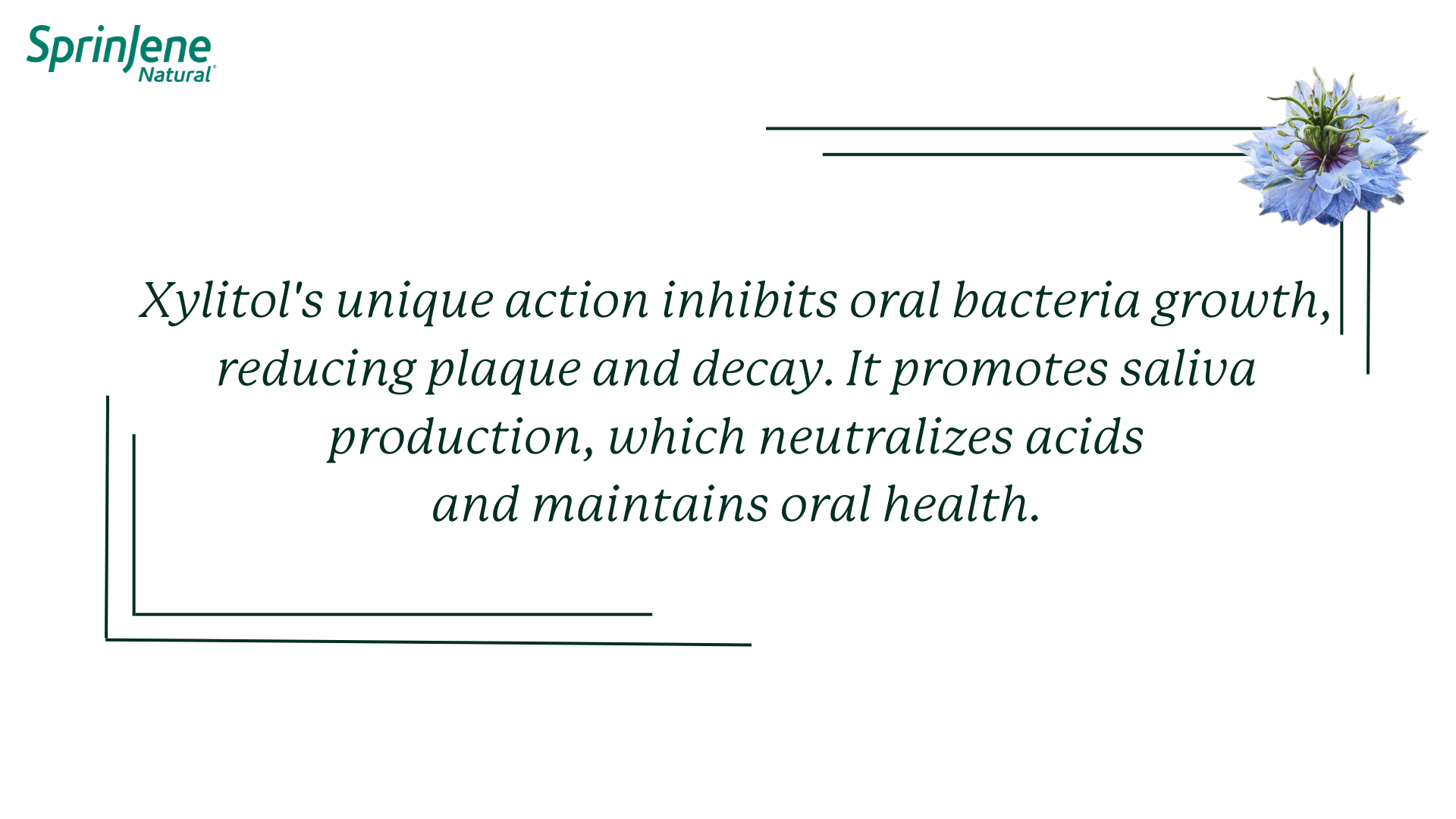
Advantages of Xylitol in Boosting Salivation
Saliva plays a crucial role in protecting oral health, and xylitol accumulates several benefits in this context:
- Ease of Dry mouth: Xylitol stimulates salivary production, constituting a valuable ally for individuals afflicted with dry mouth. It alleviates discomfort, facilitates speaking clearly and swallowing, and diminishes the hazard of oral health consequences attendant to diminished salivary flux.
- Aiding of restoring minerals: Saliva comprises minerals like calcium and phosphate that catalyze enamel restoring minerals. By strengthening salivary output, xylitol speeds up the restoring minerals cascade, strengthening teeth and reducing the risk of cavities.
- Saliva fights germs and strengthens teeth by removing food particles and neutralizing acids that cause tooth decay. Xylitol's salivary flow stimulation enhances this defense mechanism[2], fostering an enviably healthy oral environment.
Advantages of Xylitol in Dry Mouth Management for Cancer-related Patients
Dry mouth represents a commonplace outcomes of cancer-related interventions such as chemo and radiation therapy. This affliction follows from diminished salivary gland function, triggering discomfort, and potential oral health morbidities. Xylitol offers auxiliary advantages for cancer-related patients grappling with dry mouth.
- Enhanced Comfort:
Dry mouth causes discomfort, adhesive sensation, and speaking skills and swallowing impediments. Xylitol alleviates these symptoms by instigating salivary secretion and furnishing lubrication to oral tissues. Through salivary flux potentiation, xylitol mitigates dehydration and fosters oral comfort.
2. Increased Gustatory Discernment and Appetition:
Dry mouth compromises gustatory perception, rendering edibles less palatable. Cancer-related patients undergoing therapeutic modalities may further contend with weakened appetition. Xylitol enhances gustatory sensitivity and digestive relish. It incites salivary gland activity, heightening gustatory acumen and potentially spurring appetitive propensities.
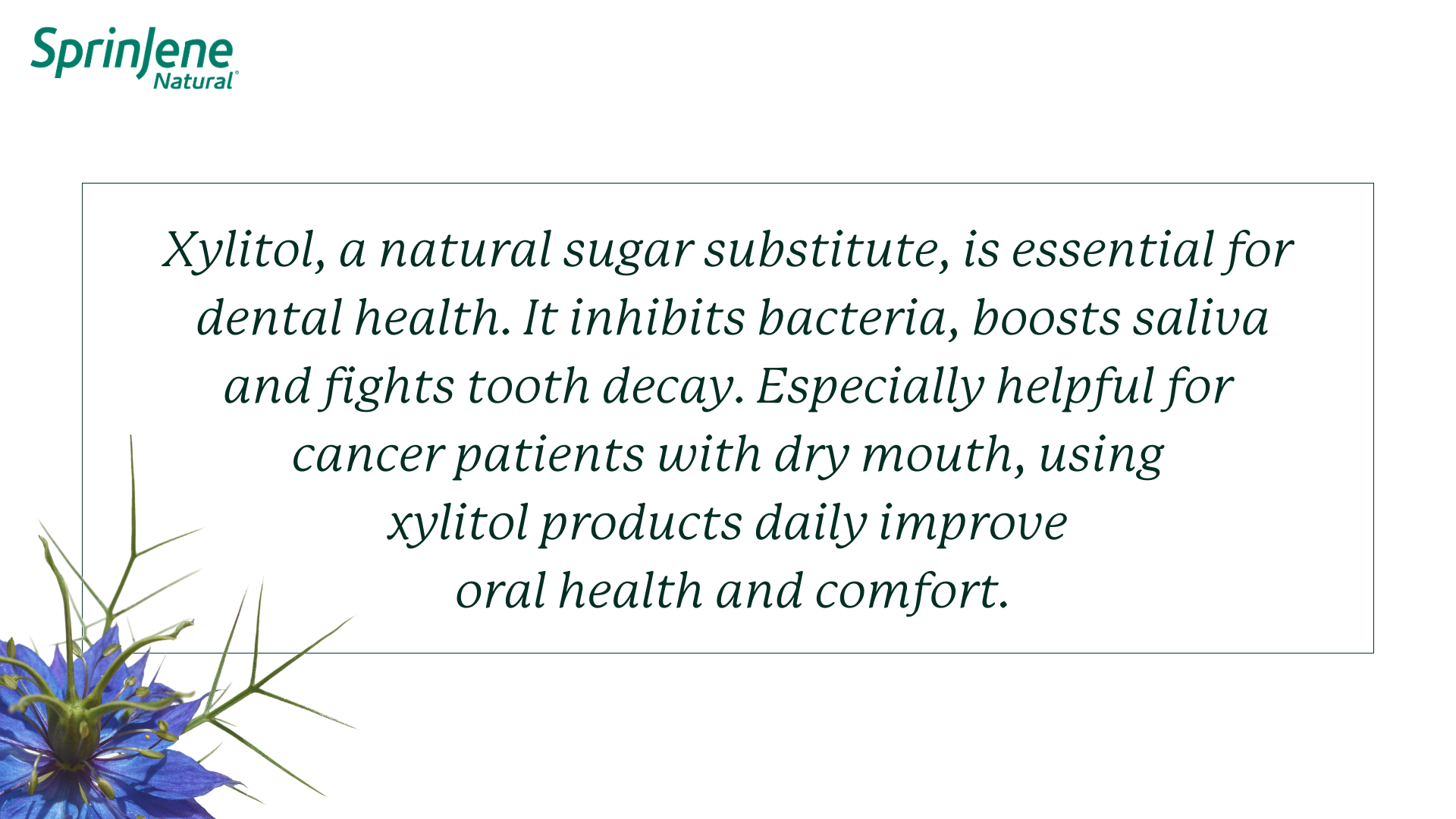
Oral Health Safeguarding
Individuals afflicted with dry mouth are predisposed to dental ailments like caries, gum disease, and oral infections. Diminished salivary output undermines the oral cavity's intrinsic germ-fighting defenses. Xylitol's salivary flow enhancement and germ-stopping properties conduce to oral health preservation. It creates an ambiance unfriendly to bacterial growth, diminishing caries and gum risk.
Cancer-related patients undergoing treatments that precipitate dry mouth are uniquely susceptible to dental maladies. Xylitol's salivary flow enhancement and germ-stopping effects improve caries and other oral health fluctuations.
Xylitol, a nested natural sucrose surrogate derived from myriad sources, affords abundant dividends in dental hygiene. It prevents bacteria[3], increases saliva, and improves oral health, so it's crucial for taking care of your mouth.
Learn more about Dry Mouth in Cancer Patients and Best Product for Dry Mouth Relief
Humectant Property
Unlike saccharine ingredients liable to enamel acid dissolution, xylitol shows non-acidogenic attributes. This renders it a safer alternative for dry mouth patients, as it prevents tooth decay and erosion consequences.
- Flexibility and Convenience:
Xylitol manifests in an array of formats including chewing gum, lozenges, mints, and oral sprays. These options help cancer patients choose a convenient and enjoyable way to include xylitol in their daily oral care.
2. Increased Comfort:
Xylitol soothes the related discomfort with dry mouth, weakening oral drying and improving overall oral well-being.
Increased Gustatory Discernment and Appetition
Dry mouth affects taste perception and appetite. Utilizing xylitol-enriched products can refine gustatory sensitivity, rendering victuals more delectable and potentially energizing appetite.
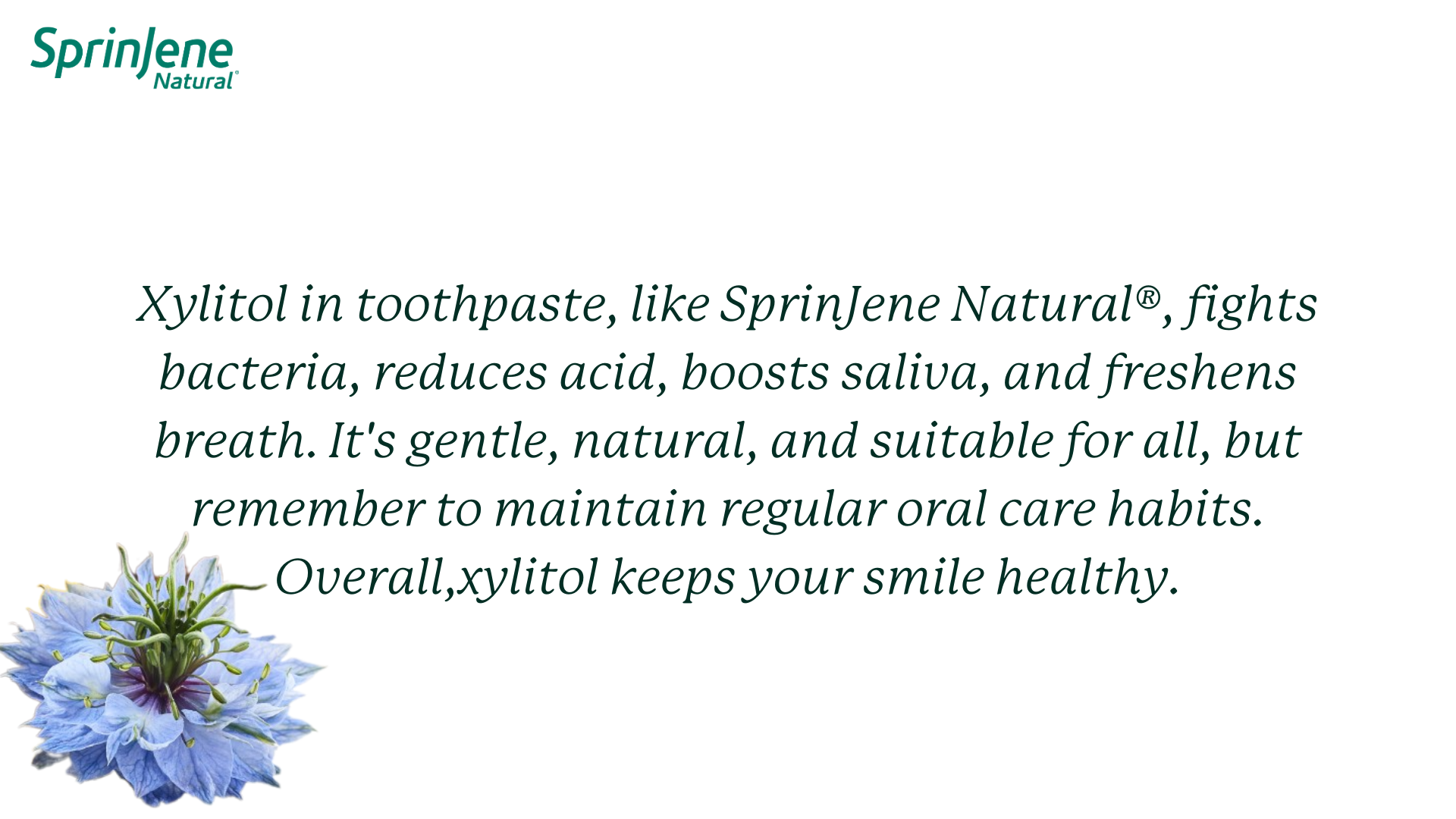
Enhancing Oral Health with Xylitol-Infused Toothpaste
Xylitol stops harmful bacteria growth in the mouth, especially Streptococcus mutans. This propagation is responsible for dental problems such as caries and plaque. By slowing down bacteria growth, xylitol aids in thwarting cavities and upholding oral well-being.
-
Reduced Acidity Equates to Reinforced Dentition:
The propagations residing in the oral cavity relish the consumption of sugars, thereby creating acid as a byproduct. This acid erosion can compromise dental integrity and incite cavities. Xylitol is unique in that oral bacteria are unable to metabolize it into acid. It maintains oral pH at a diminished level, protecting dental health from damage.
2. Increased Salivation:
Xylitol encourages saliva production, a vital component in preserving oral health. Saliva functions in neutralizing acids, removing food bits and bacteria, and strengthening teeth.
3. Enhanced Defense Against Dental Caries:
Xylitol stops bacteria growth and reduces acid production, making it effective against cavities. By utilizing SprinJene Natural® toothpaste, which incorporates xylitol, one can bolster dental strengthening and uphold oral well-being.
4. Suitable for All Dental Requisites:
SprinJene Natural® toothpastes with xylitol are suitable for everyone, regardless of age or dental needs. Xylitol presents benefits such as cavity prevention and increased salivation while remaining gentle and natural for oral application.
View our Collection for Cavity Protection Toothpaste: Link
5. Solution to oral malodor:
Infused with the essence of xylitol, SprinJene toothpaste calls with its saccharine allure, promising enduring freshness and dental vitality. Xylitol fights oral bacteria, prevents cavities, and balances the pH in your mouth. Brush with SprinJene Natural® twice a day, see your dentist regularly, and eat a balanced diet for great oral health.
Adding xylitol to natural toothpaste, like SprinJene Natural®, brings a new era of dental success. It stops bacteria from spreading, reduces acid production, increases saliva, and protects against cavities. Choose toothpaste with xylitol, and enjoy a healthy and beautiful smile.
Xylitol can stop bacteria growth and reduce acid production, making it effective in fighting cavities. By utilizing SprinJene Natural® toothpaste, which incorporates xylitol, one can support dental strengthening and uphold oral well-being.
Learn more about Xylitol Benefits in Natural Toothpaste for Oral Health.
References:
- Benahmed et al. (2020, July 7). Health benefits of xylitol. Retrievedfrom https://pubmed.ncbi.nlm.nih.gov/32638045/#:~:text=Xylitol%20is%20a%20sugar%20alcohol,by%20yeast%20or%20%20bacteria%20%20strains.
- Ahuja et al. (2020, February 22). Mechanism of action of xylitol. Retrieved from https://pubmed.ncbi.nlm.nih.gov/33147854/
- Lynch H, Milgrom P.(2003, March 31). Xylitol and its effects of bacteria. Retrieved from https://shorturl.at/ezBFL
- Nuchit et al. (2019, Nov 15) Xylitol increasing salivary rate. Retrieved from https://pubmed.ncbi.nlm.nih.gov/31732852/

